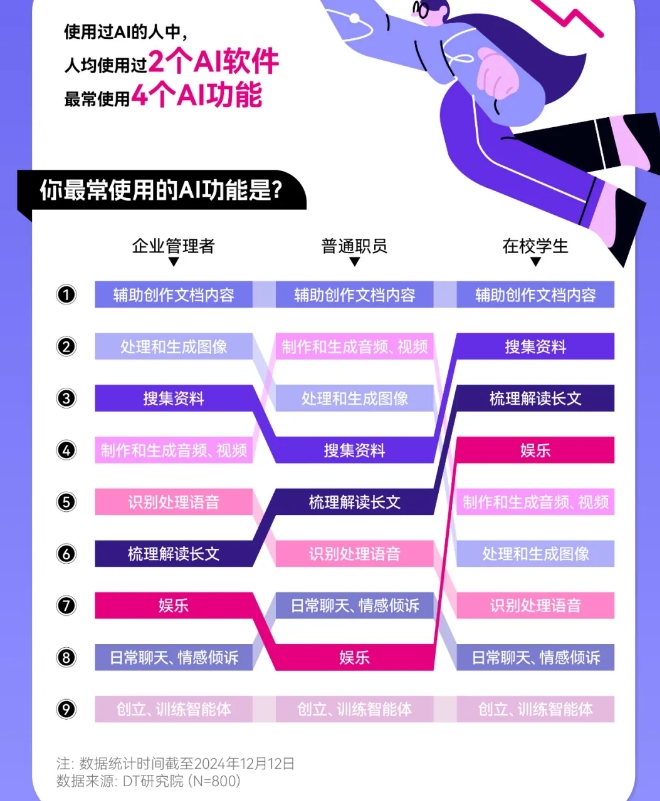The rapid iteration of artificial intelligence (AI) technology is reshaping the enterprise application ecosystem. Recently, AIbase learned from social media that Tencent Cloud announced a major upgrade to its large model knowledge engine, officially supporting the Model Context Protocol (MCP). This update allows users to flexibly call platform-selected MCP plugins or insert custom plugins when building AI applications, providing developers with a more efficient and personalized development experience. Below is AIbase's in-depth analysis of this update, guiding you through its technical highlights and industry impact.

Large Model Knowledge Engine Upgrade: MCP Protocol Enables Flexible Development
Tencent Cloud's large model knowledge engine, a core component of its AI ecosystem, aims to provide enterprise users with one-stop model invocation and knowledge management services. This upgrade introduces support for the MCP protocol, significantly enhancing the platform's openness and scalability. AIbase understands that users can now directly call Tencent Cloud's selected MCP plugins through the knowledge engine, covering various functions such as data processing, content generation, and search enhancement, to quickly build intelligent applications.
Even more noteworthy is the ability for developers to insert custom MCP plugins, seamlessly integrating enterprise-specific data sources or tools into AI applications. Social media feedback shows developers highly appreciate this feature, believing it significantly reduces the complexity of customized development and provides smaller businesses and startups with a more flexible path to AI implementation.
MCP Protocol: A Bridge Between AI and External Tools
The MCP protocol, an open-source standard launched by Anthropic in November 2024, aims to enable interaction between large language models (LLMs) and external tools and data through a unified interface. Tencent Cloud's upgrade makes it one of the first cloud service platforms in China to support MCP. AIbase analysis suggests that MCP's standardized design eliminates the need for developers to create individual interfaces for each tool, significantly improving development efficiency.
For example, using MCP plugins, users can allow the model to directly access enterprise CRM systems, call real-time search APIs, or manipulate local files, easily achieving end-to-end automation from knowledge queries to task execution. Social media feedback indicates that this feature is particularly popular among data analysts and process automation developers.
Core Highlights: A Combination of Selected and Custom Plugins
Tencent Cloud's large model knowledge engine's MCP support offers the following key advantages:
Selected Plugin Ecosystem: Tencent Cloud provides a series of optimized MCP plugins covering text generation, image processing, and voice interaction scenarios, reducing the cost for users starting from scratch.
Custom Plugin Flexibility: Enterprises can develop custom MCP plugins based on their needs, integrating private databases, internal tools, or third-party APIs to achieve highly customized AI functions.
Seamless Integration Experience: The knowledge engine manages plugin calls through a unified MCP interface, ensuring smooth data interaction between the model and tools, improving application stability and response speed.
AIbase notes that Tencent Cloud is continuously expanding its selected plugin library, planning to introduce more industry-specific tools such as financial analysis and e-commerce recommendations to further enrich ecosystem coverage.
Industry Significance: Accelerating Enterprise AI Adoption
Tencent Cloud's MCP support signifies its deep cultivation in the AI infrastructure field. AIbase observes that compared to traditional API integration methods, the introduction of the MCP protocol provides enterprises with a more modular and scalable development framework. Social media users generally believe that this upgrade will promote the implementation of AI in industries such as education, retail, and manufacturing, such as implementing intelligent customer service and supply chain optimization through custom plugins.
Furthermore, Tencent Cloud's localization advantages cannot be ignored. Addressing the data compliance needs of Chinese enterprises, the knowledge engine provides strict privacy protection mechanisms to ensure that the development and operation of custom plugins comply with relevant regulations. AIbase believes that this feature will enhance the confidence of enterprises in adopting AI in sensitive industries (such as finance and healthcare).
Future Outlook: Continued Expansion of the MCP Ecosystem
Tencent Cloud stated that it will further deepen its support for the MCP protocol, planning to launch more software development kits (SDKs) and tutorials to help users quickly get started with plugin development. At the same time, Tencent Cloud is collaborating with the global MCP community to explore the interoperability of cross-platform plugins, aiming to create a more open AI tool ecosystem.
AIbase predicts that with the popularization of the MCP protocol, Tencent Cloud's large model knowledge engine may become an important hub connecting Chinese enterprises with global AI innovation. On social media, developers have already envisioned cross-cloud platform model collaboration through MCP, such as combining Tencent Cloud and AWS Bedrock toolchains to build more complex AI agents.
Conclusion: Tencent Cloud Leads the New Trend in AI Applications
Tencent Cloud's large model knowledge engine's support for the MCP protocol provides developers with a comprehensive choice from selected plugins to custom development, greatly reducing the barriers to building AI applications. AIbase believes that this upgrade will not only accelerate the intelligent transformation of enterprises but also promote the prosperity of the MCP ecosystem in China, injecting more possibilities into an AI-driven future.









